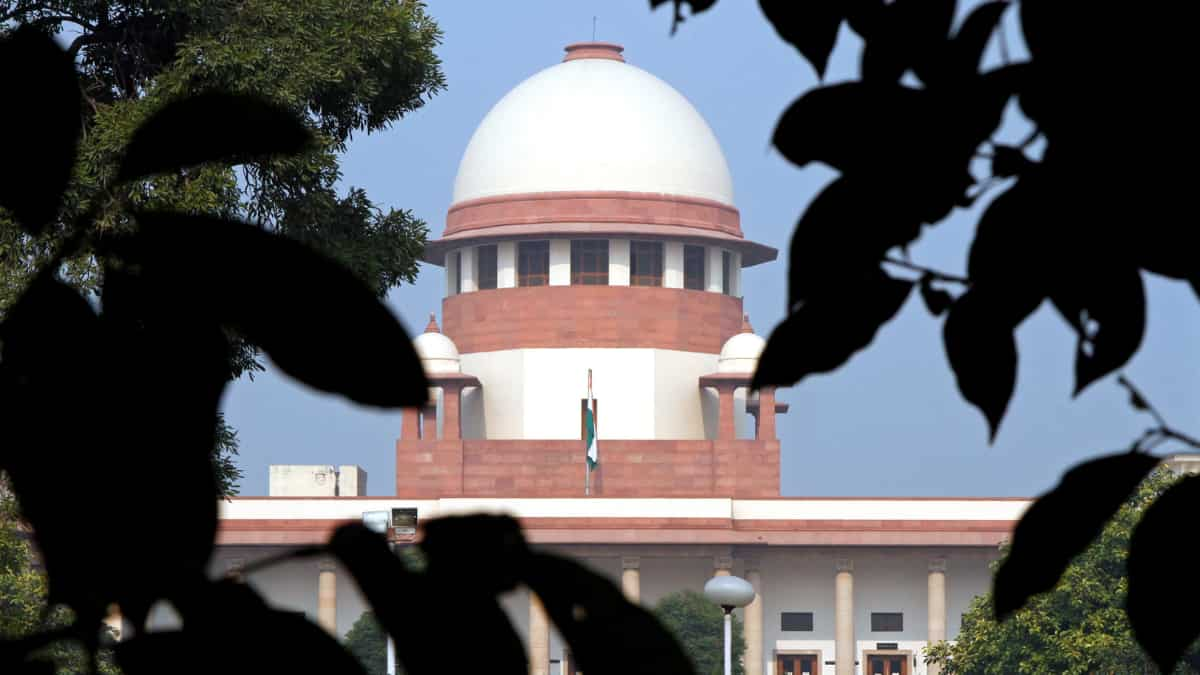India’s Supreme Court Recognizes Right Against Adverse Effects of Climate Change
The Supreme Court of India has taken a significant step in acknowledging the impact of climate change on human life by including the ‘right against adverse effects of climate change’ as part of the right to life. This move marks a crucial recognition of the importance of the natural world in India’s constitution.
Constitutional Recognition of Environmental Importance
- Article 48A of the Constitution emphasizes the State’s responsibility to protect and improve the environment, safeguard forests, and wildlife.
- Clause (g) of Article 51A outlines the duty of every Indian citizen to protect and enhance the natural environment, showing compassion for living creatures.
The three-judge bench, led by Chief Justice D Y Chandrachud, highlighted that these provisions, although not justiciable, indicate the constitutional recognition of the natural world’s significance.
Legal Implications
The court pointed out that the right to a clean environment and the right against the adverse effects of climate change are derived from fundamental constitutional principles. Articles 21 and 14 play a crucial role in ensuring these rights.
Despite the absence of specific legislation on climate change in India, the court affirmed that individuals have a right against its adverse effects. The right to life and health are directly impacted by environmental factors such as pollution, diseases, and extreme weather events.
Protection of Great Indian Bustard’s Habitat
In a related development, the Supreme Court had previously ordered restrictions on setting up overhead transmission lines in a designated area. Following requests from government ministries, the court allowed modifications considering technical challenges and costs.
A committee of experts has been appointed to assess the feasibility of undergrounding power lines in specific areas and is expected to submit a report by July 31, 2024.
















































